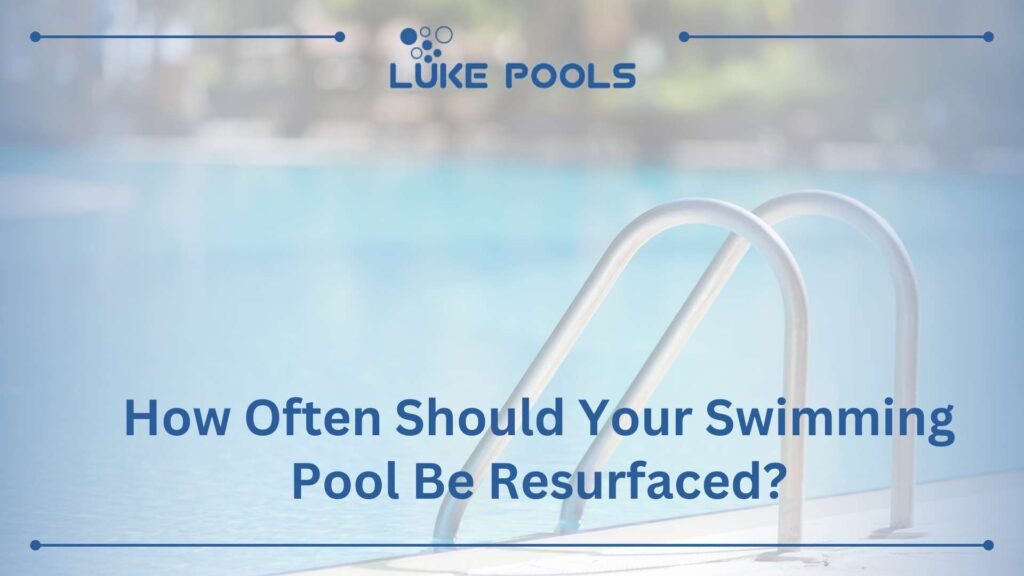Sparkling pool water, refreshing dips on a hot day—your pool provides endless fun for the whole family. But like anything else that endures wear and tear, your pool’s surface won’t last forever. So, how often do pools need to be resurfaced? While the magic number is typically every 8 to 10 years, several factors can influence this timeline.
Key Factors That Determine Resurfacing Frequency
Pool Age
The age of your pool is a major determinant in the need for resurfacing. Older pools, especially those approaching or exceeding two decades, typically require more frequent care. The materials used in the pool’s initial construction may degrade over time, leading to the need for resurfacing. A professional evaluation can help pinpoint the ideal timing for resurfacing based on the pool’s condition and age.
Usage Patterns
The amount of activity your pool sees can greatly affect how often your pool needs to be resurfaced. The following can wear down the surface quicker than minimal use:
- Regular gatherings
- Frequent swimming activities
- Commercial use
Pools that are heavily used may need resurfacing every 7 to 10 years. In contrast, those with lighter use might not require attention for over a decade.
Surface Material
Different materials used in pool surfaces have varying lifespans. For instance, a plaster-coated pool might need resurfacing every 8 to 10 years, while a pebble-based surface could last up to 20 years without major repairs. Fiberglass pools typically fall in the middle, often requiring resurfacing around every 15 years. Choosing the right material depends on aesthetic preference as well as the material’s durability.
Water Chemistry Impact
Proper chemical balance in your pool water is crucial for extending the lifespan of the surface. If the water chemistry is off—whether the pH is too low or the calcium hardness is unbalanced—it can lead to faster degradation of the surface. This imbalance often results in etching or premature erosion, necessitating more frequent resurfacing.
Ensure Your Pool’s Longevity
Keeping these factors in mind will help you gauge how often a pool needs to be resurfaced and ensure that your pool remains a safe, enjoyable place for everyone. As pool surfaces age or show signs of wear, considering a resurfacing project is wise to maintain both the functionality and beauty of your pool.
If your pool is due for a check-up or you think it might be time for a resurfacing, Luke Pools is here to help. Our commitment is to provide a clean, healthy, and enjoyable swimming environment backed by the expertise of trusted local professionals. For expert pool renovation in Alpharetta, connect with us today and keep your pool at its best for years to come.

